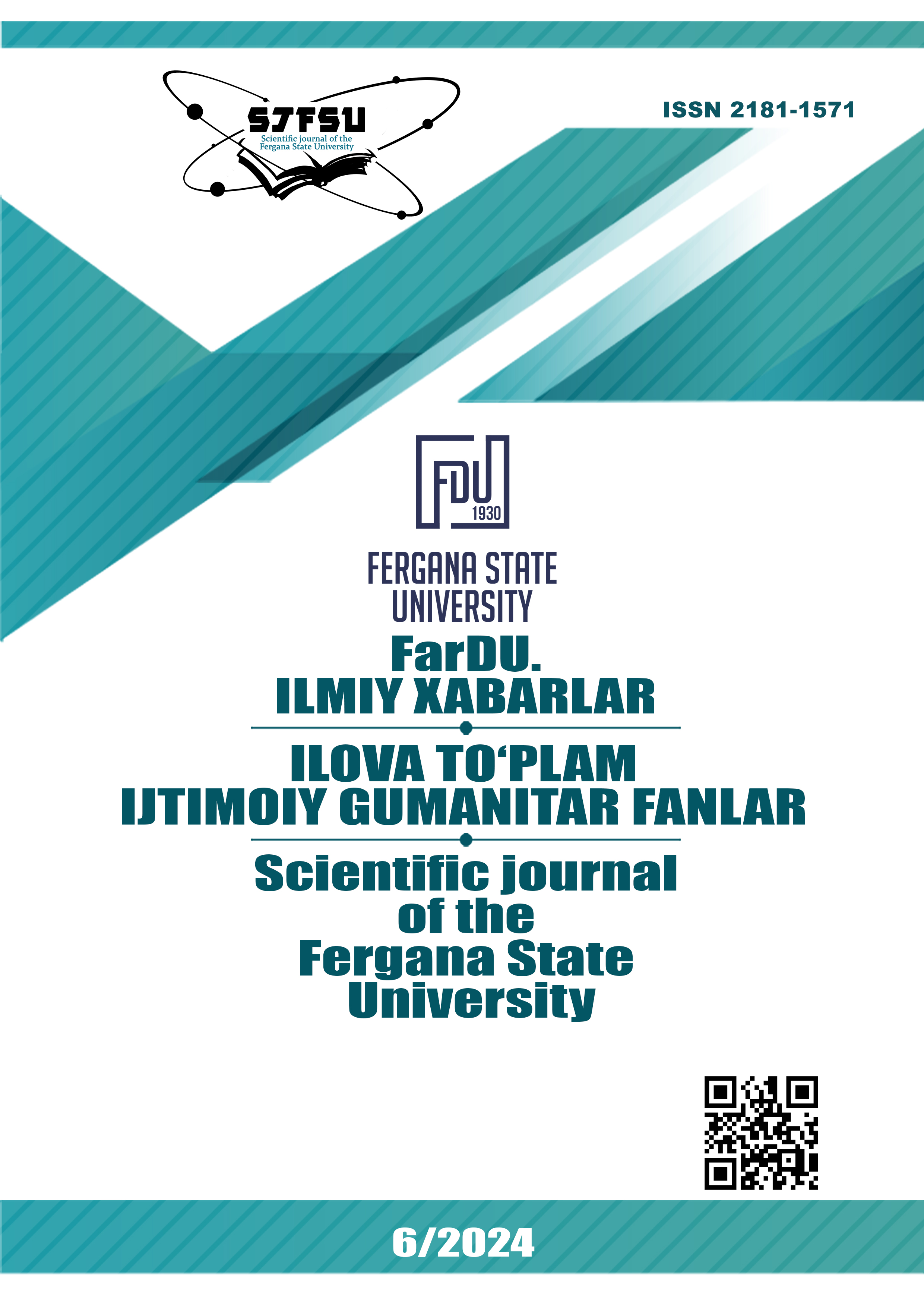DEFINITION AND COMPONENTS OF COMPREHENSION SKILLSОПРЕДЕЛЕНИЕ И КОМПОНЕНТЫ НАВЫКОВ ПОНИМАНИЯ
Keywords:
comprehension skills, cognitive processes, decoding, vocabulary, critical thinking, inference, text structure, background knowledge, information synthesis, active engagement.Abstract
Comprehension skills encompass the cognitive processes and strategies individuals use to understand, interpret, and derive meaning from various forms of information, including text, spoken language, and visual representations. These skills are essential for effective learning and communication, requiring active engagement to construct mental representations and make sense of encountered material. Key components include decoding and vocabulary knowledge, understanding text structures, making inferences, activating background knowledge, critical thinking, and integration of information across contexts. Assessing learners' comprehension skills involves evaluating their ability to understand main ideas, infer relationships, and analyze or synthesize content from diverse sources. Instruction tailored to these components can enhance comprehension abilities, fostering critical thinking and meaningful learning. By exploring these facets, educators can create targeted strategies to support learners in navigating complex information and improving their comprehension proficiency in academic and real-world scenarios.
References
M. S. Kamil, P. B. Mosenthal, & R. D. Pearson. Reading for Understanding: Toward a Research and Development Program in Reading Comprehension. – Cambridge UP, 2015. 350 p.
M. K. Wixson. Teaching with the Common Core Standards for English Language Arts, PreK-2. – Cambridge UP, 2006. 250 p.
Jennifer Rowsell. Technologies and Literacies in the Curriculum: Digital Literacies and Contemporary Learning. – London, 2013. 272 p.
Joan Kang Shin. Technology and Teaching English Language Learners. – Pearson, 2010. 248 p.
Ames, C. Classrooms: Goals, structures, and student motivation. Journal of educational psychology. –Routledge, 1992. 84(3), 261 p.
Downloads
Published
Issue
Section
License
Copyright (c) 2025 Scientific journal of the Fergana State University

This work is licensed under a Creative Commons Attribution-NonCommercial-NoDerivatives 4.0 International License.
How to Cite
Most read articles by the same author(s)
- Axmadjonova Shahnoza Tolibjon qizi, A STUDY ON THE CHARACTERISTICS AND TYPES OF PUBLIC SPEAKING IN ENGLISH , Scientific journal of the Fergana State University: No. 3 (2024): Scientific journal of the Fergana State University. Application set (Social humanities sciences)
- Axmadjonova Shahnoza Tolibjon qizi, INTERPRETATION OF THE STUDY OF SPEECH STYLES IN UZBEK LINGUISTICS , Scientific journal of the Fergana State University: No. 3 (2024): Scientific journal of the Fergana State University. Application set (Social humanities sciences)
- , FEATURES OF BELLES-LETRES STYLE IN ENGLISH AND UZBEK LANGUAGES , Scientific journal of the Fergana State University: No. 6 (2024): Scientific journal of the Fergana State University ADDITIONAL COLLECTION (Social humanities sciences)

